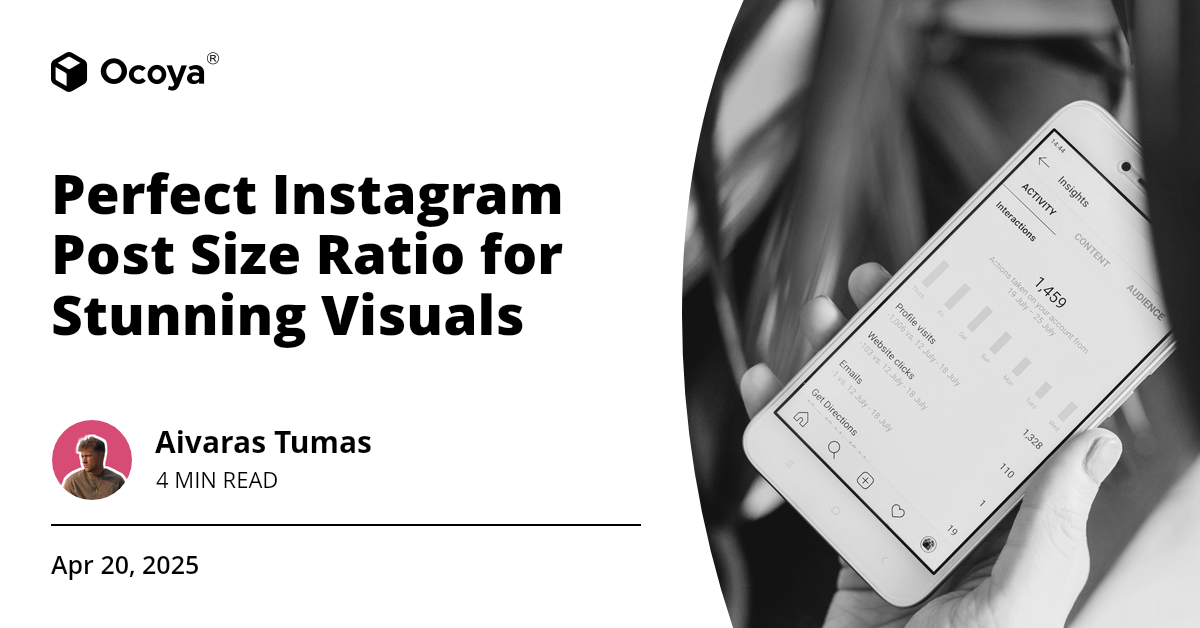Social Listening Reporting Dashboards Explained: Unleashing the Potential
As social media continues to play a pivotal role in the marketing strategies of businesses, it has become increasingly important for brands to understand and analyze their online presence. Social listening, the process of monitoring and analyzing conversations happening on various social media platforms, has emerged as a powerful tool to gain valuable insights. One of the key components of an effective social listening strategy is the use of reporting dashboards. In this article, we will explore the concept of social listening reporting dashboards, their benefits, and how they can help businesses unleash their true potential.
What Are Social Listening Reporting Dashboards?
Social listening reporting dashboards provide businesses with a centralized platform to track and analyze their social media performance. These dashboards collect data from various social media platforms and present it in a visual, easy-to-understand format. They allow businesses to monitor brand mentions, analyze sentiment, track competitor activity, and measure campaign effectiveness. With the help of these dashboards, businesses can gain actionable insights that can guide their marketing and communication strategies.
The Benefits of Social Listening Reporting Dashboards
Utilizing social listening reporting dashboards can bring numerous benefits to businesses. Here are a few key advantages:
1. Real-time Monitoring:
With social listening reporting dashboards, businesses can monitor conversations in real-time. This means they can stay updated on customer feedback, industry trends, and competitor activities as they happen. Real-time monitoring enables businesses to respond promptly, address concerns, and leverage emerging opportunities.
2. Actionable Insights:
Social listening reporting dashboards provide businesses with valuable insights that help them make data-driven decisions. By monitoring brand mentions, sentiment analysis, and customer feedback, businesses can uncover patterns and trends that can guide their marketing strategies. These insights can inform content creation, product development, and customer engagement initiatives.
3. Competitive Analysis:
By tracking competitor mentions and activities, social listening reporting dashboards allow businesses to gain a competitive edge. Businesses can identify their competitors' strengths and weaknesses, understand their customers' perception of competing brands, and identify opportunities for differentiation. This information can help businesses refine their own strategies and stay ahead in the market.
4. Campaign Performance Measurement:
Social listening reporting dashboards enable businesses to measure the effectiveness of their social media campaigns. By tracking key metrics such as engagement rate, reach, and sentiment, businesses can evaluate the impact of their campaigns and optimize their future strategies. This data-driven approach allows businesses to allocate resources effectively and maximize their return on investment.
Choosing the Right Social Listening Reporting Dashboard
With a myriad of social listening reporting dashboards available in the market, choosing the right one for your business can be a daunting task. Here are a few factors to consider:
1. Data Sources:
Ensure that the reporting dashboard integrates with the social media platforms relevant to your business. It should collect data from platforms such as Facebook, Twitter, Instagram, LinkedIn, and YouTube to provide a comprehensive view of your social media performance.
2. Customizability:
Look for a dashboard that allows you to customize the metrics and visualizations according to your business goals and reporting needs. The ability to create personalized reports and dashboards can immensely benefit your decision-making process.
3. Advanced Analytics:
Consider dashboards that offer advanced analytics capabilities such as sentiment analysis, trend identification, and influencer identification. These features can provide deeper insights and help you uncover valuable opportunities.
4. User-Friendly Interface:
An intuitive and user-friendly interface is crucial for seamless navigation and efficient use of the reporting dashboard. Look for a platform that offers a clean and organized interface, making it easy for you to access and interpret the data.
5. Cost-Effectiveness:
While cost should not be the sole determining factor, consider the pricing plans and packages offered by different reporting dashboard providers. Choose a solution that aligns with your budget and offers the features and capabilities you require.
Unleashing Potential with Ocoya
Ocoya is one such comprehensive tool designed to streamline your social media marketing efforts with AI. It offers advanced social listening reporting dashboards that can help you unleash the true potential of your brand. Ocoya's user-friendly interface, customizable metrics, and extensive data sources make it an ideal solution for businesses of all sizes.
With Ocoya, you can:
- Track brand mentions and sentiment analysis in real-time. - Monitor competitor activities and gain a competitive edge. - Measure the performance of your social media campaigns with detailed analytics. - Access advanced features such as sentiment analysis and trend identification. - Customize your dashboards and reports according to your specific needs.By leveraging Ocoya's social listening reporting dashboards, you can make data-driven decisions, optimize your strategies, and enhance your online presence. Sign up for a free trial of Ocoya today and discover the power of social intelligence.
Key Takeaways
- Social listening reporting dashboards provide businesses with a centralized platform to track and analyze social media performance. - They offer real-time monitoring, actionable insights, competitive analysis, and campaign performance measurement. - When choosing a social listening reporting dashboard, consider factors such as data sources, customizability, advanced analytics, user-friendly interface, and cost-effectiveness. - Ocoya is a comprehensive tool that offers advanced social listening reporting dashboards, empowering businesses to unleash their true potential. - With Ocoya, businesses can track brand mentions, monitor competitor activities, measure campaign performance, access advanced features, and customize their dashboards and reports. - Sign up for a free trial of Ocoya to experience the benefits of social intelligence.










































































































.png)